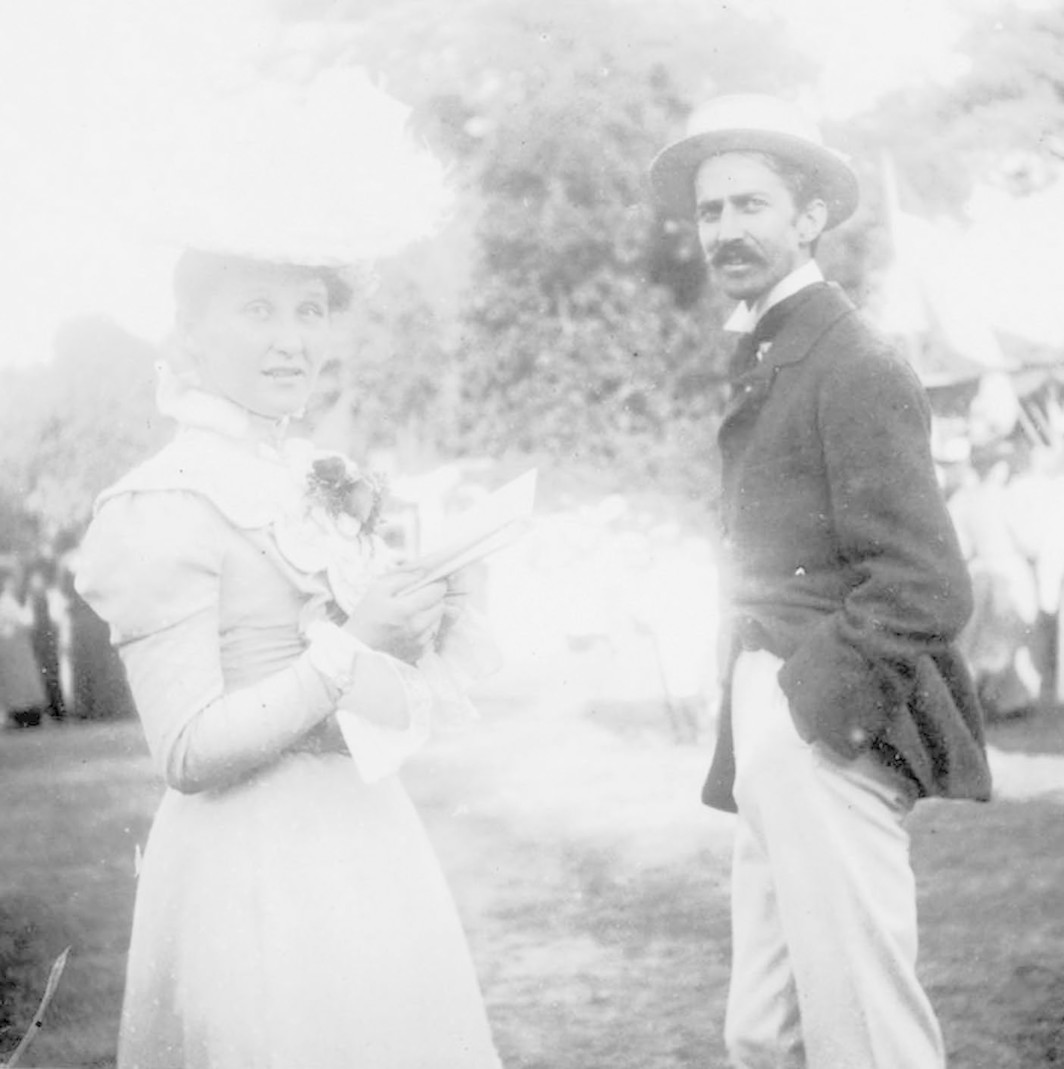Fiction and Political Fact
The political novel has always been an odd hybrid of fact and fiction. One of the genre’s originators, Benjamin Disraeli, the author of Coningsby (1844), was also one of the few writers who had genuine inside knowledge of the political world. But political novels usually deal with more than the intrigues of cabinet ministers and young men on the make. The boundaries of this genre are very hard to delimit. For some critics, the political novel is precisely the kind of book Disraeli, Trollope, and Henry Adams passed on to a few modern writers like Gore Vidal in Washington, D.C., Burr, Lincoln,


